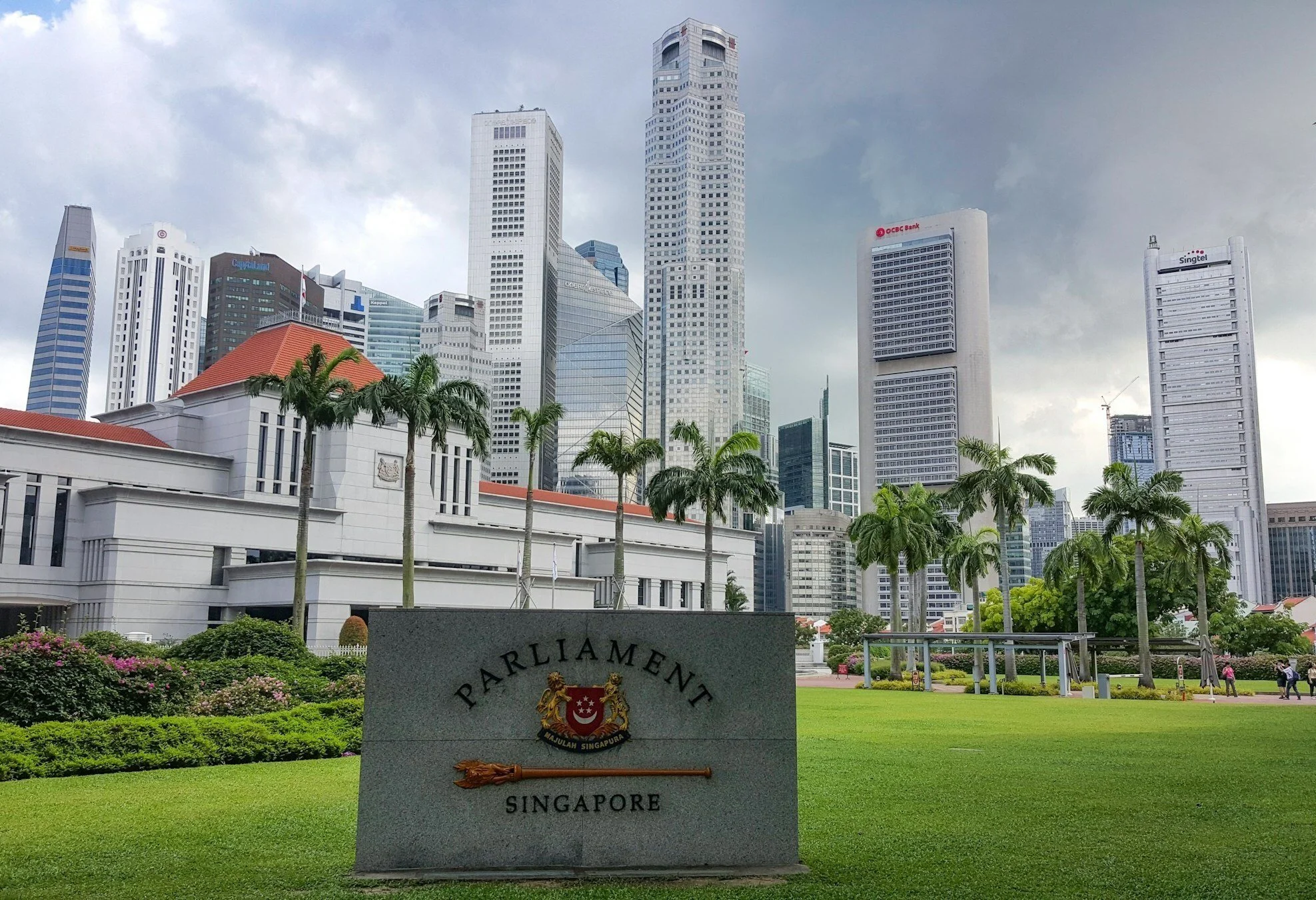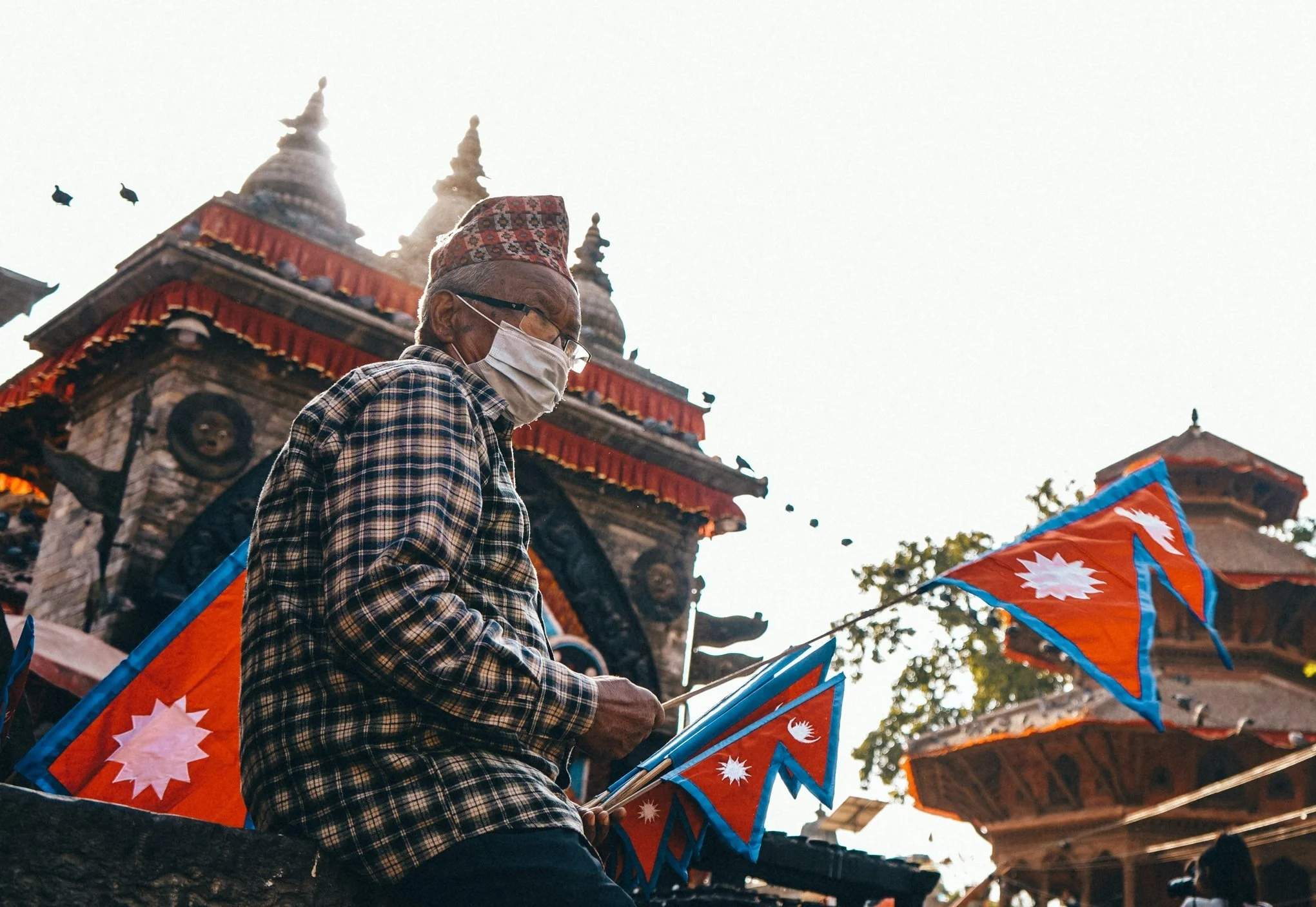Drawing on her decades of experience in Cambodia’s pro-democracy movement, we discussed the country’s democratic decline, the growing influence of China, and the crucial role the international community — and Cambodia’s youth — must play in shaping a freer future.
Read MoreWritten by Dr Seohee Park
This crisis represents more than a domestic Korean political drama; it tests the resilience of regional alliances and could accelerate broader geopolitical shifts in an increasingly complex Northeast Asian landscape.
Read MoreWritten by Dr Neil DeVotta
Ultimately, given the dire economic and debt situation facing the island, the victorious candidate and his party will have little choice but to balance relations with major powers like India, China, and the United States.
Read MoreWritten by Manali Kumar and Chetan Rana
After a decade of sliding towards authoritarianism, a return to coalition politics promises a path to redemocratisation. Without a clear majority, the BJP can no longer bypass parliamentary scrutiny.
Read MoreWritten by Pradeep Krishnan
Post-independence politics in Singapore has known a few watershed moments; each noteworthy for chipping away at the PAP’s dominance.
Read MoreWritten by Dr Hannes B. Mosler
The short-term challenge of this election is to prevent a conservative majority in parliament, lest the current autocratic episode in South Korean democracy turn into a post-democratic vortex.
Read MoreWritten by Kelly Antoinette Khyriem
As criticisms propel the initiative towards a BRI 2.0, if China actively addresses and mitigates risks associated with its projects by enhancing transparency and accountability frameworks, it has the potential to outpace the emerging alternatives that are challenging the BRI.
Read MoreWritten by Lyle J. Morris
Corruption in China’s military is not a case of a “few bad apples”. Rather, it is indicative of a PLA that has systemic problems with corruption whereby kickbacks and buying and selling of promotions have been standard practice for decades.
Read MoreWritten by Michael Kugelman
Ultimately, like any democratic leader, Muizzu will need to walk a tightrope between foreign policy imperatives and domestic political considerations. A balancing policy abroad will also require one at home.
Read MoreWritten by Manish Jung Pulami
The pro-monarchy protests are a reminder that Nepal’s democratic journey is far from over. While the monarchy may be a relic of the past, the underlying grievances that fuelled the latest protests remain relevant today.
Read MoreWritten by Dr Mi-son Kim
The current state of South Korean politics suggests that the country is at a critical moment that could determine its fate: democratic backsliding or consolidation.
Read MoreWritten by Marcus Andreopoulos
Out of office, Khan is proving to be a relentless source of pressure, first for Bajwa and now for Munir. Khan has accused the military of holding the country back during a time of economic and humanitarian catastrophe.
Read MoreWritten by Hannes B. Mosler
Alongside Japan, South Korea plays a central role for Western allies in the region to support value-based multilateralism with liberal-democratic principles and norms at its core.
Read MoreWritten by Perle Petit
Hun Manet’s image as a ‘clean politician’, in combination with the relative stability of the country (when compared to regional neighbours), will most likely play in the government’s favour in terms of improving Cambodia’s relationship with the West.
Read MoreWritten by Marco Neveu and Charlie Thame
Xi’s anti-corruption projects in the mainland seem to have sparked a degree of outward mobility by the triads from the authoritarian domestic core towards the more liminal and experimental periphery of Chinese influence.
Read MoreWritten by Jabin T. Jacob
Under these circumstances, what will be worth watching is the composition of the Politburo Standing Committee for clues on what Xi’s policy directions for the next five years of his rule are going to be.
Read MoreWritten by Nathasha Fernando
Wickremesinghe is therefore in a clear dilemma as he is not only expected to negotiate with the International Monetary Fund for a sovereign debt bailout, debt restructuring, and economic recovery plan but to also appease Sri Lanka’s minorities and their broader calls for accountability.
Read MoreWritten by Bunly Soeung
In Cambodia, the violation of the land rights of indigenous peoples who have lived for thousands of years in their ancestral forests continues unabated.
Read More
















